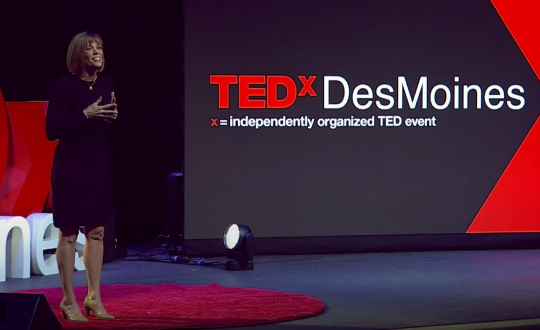Insights
Case Study: Nebraska State Fair
Ensuring accessibility at large events can feel overwhelming, but you don’t have…
Read More
In-Person ASL Interpreting: What to Expect
Whether it’s your first time scheduling an in-person ASL interpreter or you’ve done it…
Read More
Payments & Taxes: What Providers Need to Know
Understanding how payments and taxes work is an important part…
Read More
VRI Work with DSU: What Providers Need to Know
Video Remote Interpreting (VRI) is a critical part of how…
Read More
10 Situations Where a CDI Is Essential
CDI stands for Certified Deaf Interpreter. A commonly misunderstood but…
Read More
Shop Deaf-Owned: Holiday Edition
Support Deaf makers and creators this holiday season by shopping…
Read More
A Right to Fight: Keith Nolan’s Journey to Breaking Barriers in the Military
Veterans Day offers an annual opportunity to pause and recognize…
Read More
Native American Heritage Month: Honoring Deaf Natives and the Legacy of PISL
Recognition of Native American Heritage Month first started in 1986…
Read More
Beyond the Bell – Access in School Programs and Extracurriculars
A student’s educational experience is more than just the sum…
Read More
Critical Care, Critical Gap: The ASL Interpreter Shortage in Medicine
Imagine walking into the emergency room with severe abdominal pain. Overcome by…
Read More
Deaf Services Unlimited Named a Finalist for U.S. Chamber of Commerce Foundation’s 2025 Citizens Awards
The U.S. Chamber of Commerce Foundation named Deaf Services Unlimited a finalist…
Read More

